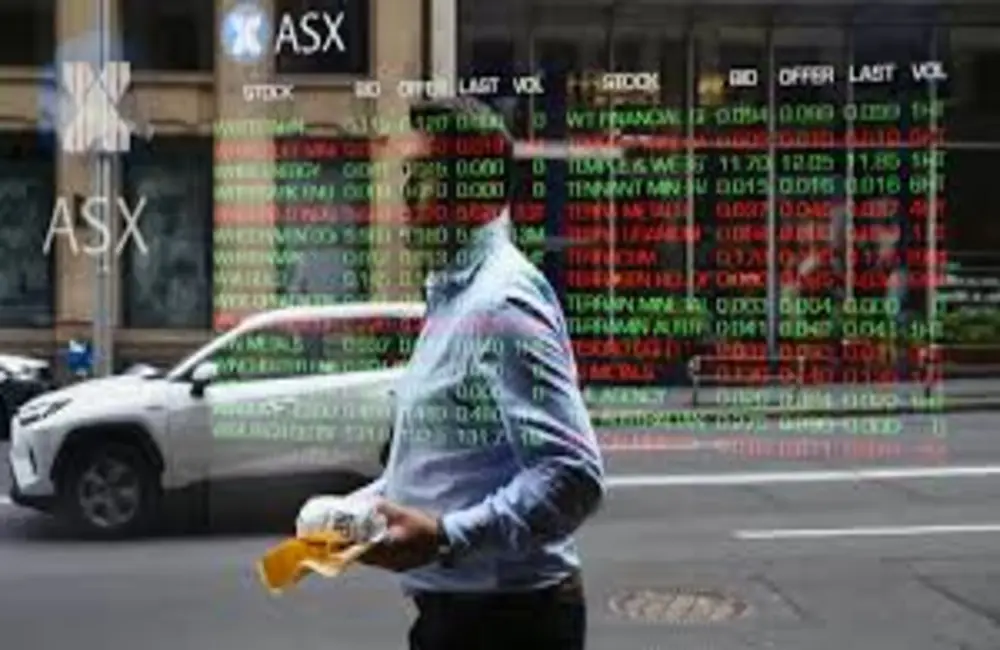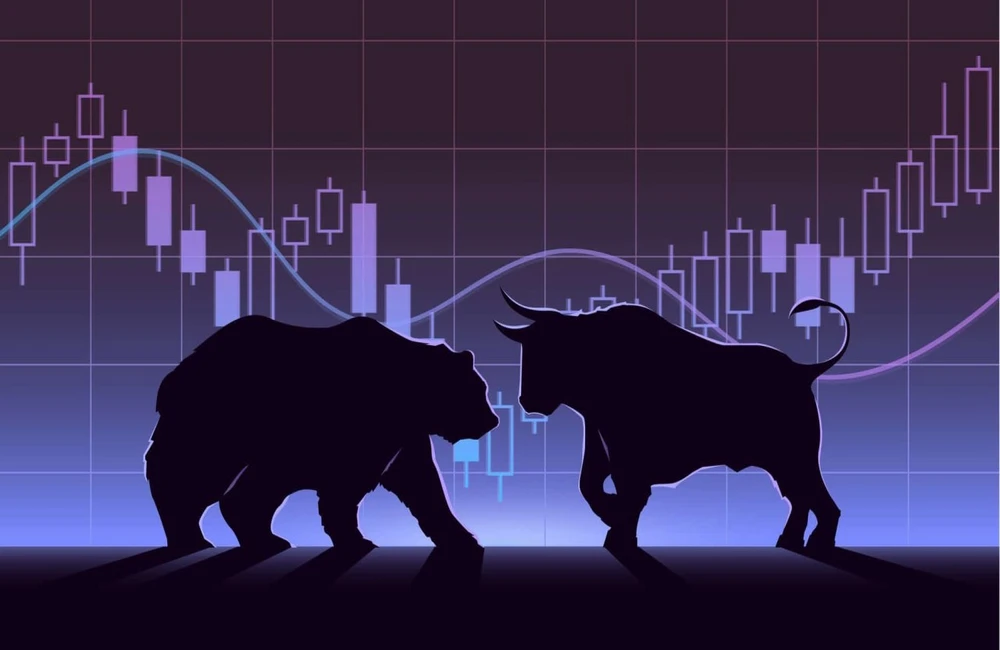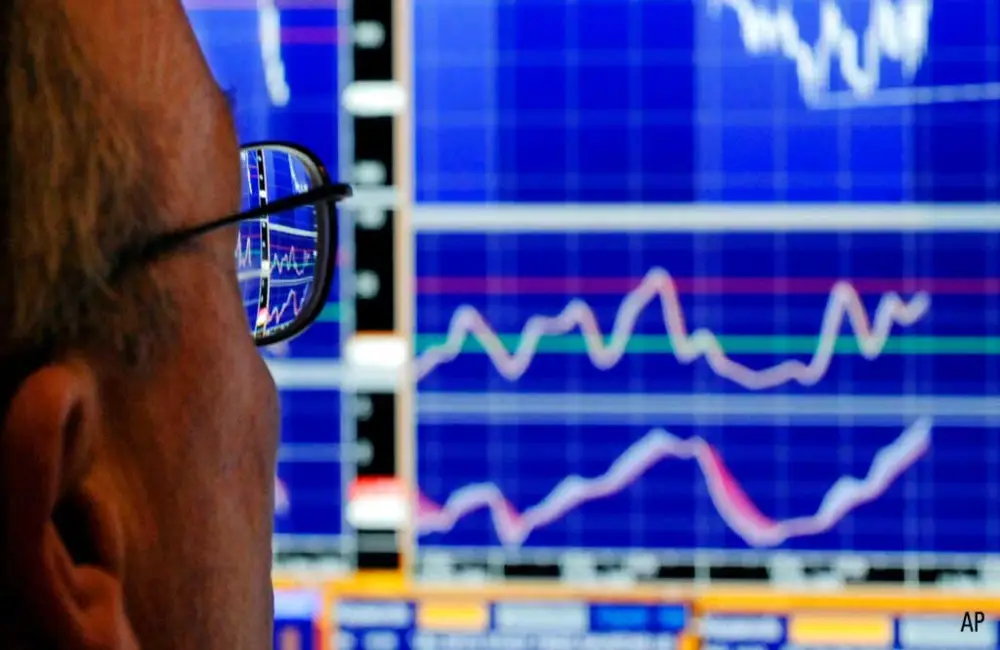The calm before the storm
It’s a salient view he shared recently on a client webinar. Warnes expects a relatively solid reporting season. He also believes dividends “should be ok” for the period just ended.
But what he is worried about is what is going to happen following the reporting season. The impact of the eight interest rates in 2022 has still not hit household and consumer demand, he says.
Consumers did not behave the way the Reserve Bank expected them to behave in the previous half. As Warnes sees it, it was a period of “revenge spending,” where Australians were committed spending up, simply to have a good Christmas.
However, now consumers may cut back and Warnes believes this could be a case of the “revenge on the revenge spending”, that is people will now stop spending.
“What concerns me most is an eventual pullback in household consumption and savings falling to pre-pandemic levels.”
Warnes also remains of the view that central banks did not act fast enough to tackle inflation, which rose a stronger-than-expected 1.9% in the December quarter to be 7.8% higher annually, the ABS revealed on Wednesday.
Similarly, AMP chief economist Shane Oliver is watching the inflationary outlook. “If inflation continues to rise, central banks will be more hawkish than we are allowing for, risking deep recession,” Oliver said in an economic note.
Just as consumers will be grappling with higher interest rates and inflation, so too will business confront a challenged year. And here, outlook statements by companies published throughout February will be key.
According to Warnes, it is easier for businesses to boost their capex spend when “money is free and plentiful”.
“But money is no longer free, nor is it plentiful. Watch those outlook statements very carefully.” Warnes believes management will have to come clean on their [capex] plans.
At the same time companies will come under pressure to continue to decarbonise their businesses and with higher inflation, a double whammy for businesses.
Warnes expects the expenditure on decarbonisation “will belt their earnings” and this could also feed into higher prices and therefore higher inflation.
Higher interest rates will also be a major headwind for businesses with higher gearing levels such as REITs.
Cautious but aware of opportunities
Amid this challenged outlook, there are still opportunities for investors.
Warnes remains cautious over the implications for China’s reopening and what it will mean for the miners. He believes there will be upside in the short-term. And certainly, the miners are well placed and will even continue to “spew income through dividends”.
Further, even though the Federal Government has proposed a price cap on gas producers, the impact will be immaterial given gas sales are higher in overseas markets than in Australia.
“If China fires up, they will want energy not renewables. Renewables does not have the capacity to replace fossil fuel despite what the green machine tells you,” Warnes says.
“It’s not possible to undo what has happened over the last 200 years. Fossil fuels remains a decade long story.”
























